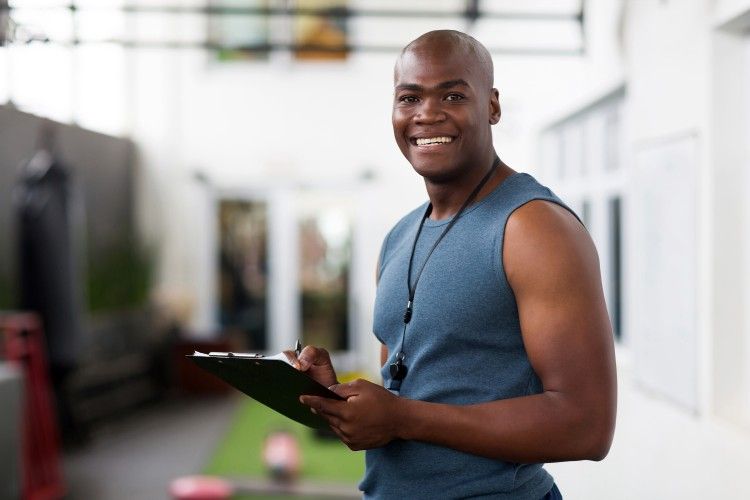
Sports-Specific Strength and Conditioning Coaches
In the world of sports, athletes strive to enhance their performance and push their physical limits. To achieve this, they often turn to strength and conditioning coaches who specialize in specific sports. Sports-specific strength and conditioning coaches play a crucial role in helping athletes reach their full potential, optimizing their performance, preventing injuries, and aiding in their overall development.
What is Sports-specific Strength and Conditioning Coaching?
Strength and conditioning coaching is the practice of improving an athlete’s physical abilities to meet the demands of their specific sport. However, sports-specific strength and conditioning coaching goes beyond the general principles of strength training. This specialized approach tailors training programs to the unique needs of athletes participating in various sports.
Sports-specific strength and conditioning coaches work closely with athletes to develop customized training plans that focus on minimizing weaknesses and enhancing strengths directly related to their sport. Whether it’s football, basketball, soccer, swimming, or any other sport, these coaches have an in-depth understanding of the specific physical demands and physiological requirements of each sport.
The Importance of Sports-specific Coaching
Engaging a sports-specific strength and conditioning coach can offer numerous benefits to athletes. These professionals possess a wealth of knowledge and experience that enables them to design training programs that address the specific physical attributes needed for optimal performance in a particular sport. By prioritizing sport-specific training, athletes can enhance their muscular strength, power, speed, agility, endurance, and flexibility in ways that directly translate to improved performance on the field.
Furthermore, sports-specific strength and conditioning coaches play a critical role in injury prevention. They identify and correct biomechanical imbalances, muscle weaknesses, and areas of vulnerability that could potentially lead to injuries. By addressing these issues through targeted exercises and conditioning, athletes can reduce the risk of common injuries associated with their sport, enabling them to participate more consistently and effectively.
Components of Sports-specific Training
Sports-specific training programs designed by strength and conditioning coaches typically consist of several key components:
Resistance Training: This component focuses on building muscular strength and power through exercises that mimic the movements required in the sport. Coaches tailor resistance training programs based on the specific muscle groups that need to be developed for optimal performance in the sport.
Cardiovascular Conditioning: Endurance is a vital aspect of many sports. Sports-specific coaches incorporate cardiovascular exercises and interval training to improve an athlete’s aerobic and anaerobic capacity, allowing them to sustain high-intensity efforts for longer periods.
Speed and Agility Training: Sports often require quick acceleration, deceleration, and changes in direction. Coaches develop drills and exercises that focus on improving an athlete’s speed, agility, and reaction time, enabling them to react swiftly to on-field situations.
Flexibility and Mobility: Sports-specific coaches recognize the importance of optimal joint mobility and flexibility for injury prevention and performance enhancement. They include stretches and mobility exercises to improve an athlete’s range of motion and reduce the risk of muscle strains and tears.
Functional Movement: Sports-specific training incorporates exercises that mimic the specific movements and demands of the sport. By focusing on functional movement patterns, athletes can improve their overall coordination, balance, and stability in game-related situations.
Working with a Sports-specific Strength and Conditioning Coach
To benefit from the expertise of a sports-specific strength and conditioning coach, athletes should seek professionals with experience and knowledge in their respective sports. These coaches possess the ability to assess an athlete’s strengths and weaknesses accurately, design individualized training plans, provide guidance on correct techniques, and monitor progress over time.
Working with a sports-specific strength and conditioning coach also offers accountability and motivation. Coaches provide support, encouragement, and the necessary push to strive for continual improvement. They help athletes set goals and ensure they are on track to achieve them.
Conclusion
Sports-specific strength and conditioning coaches play a fundamental role in maximizing an athlete’s potential and elevating their performance in their chosen sport. By tailoring training programs to address the specific requirements of each sport, these coaches optimize an athlete’s physical attributes, reduce the risk of injuries, and enhance overall performance. When working with a sports-specific strength and conditioning coach, athletes can strive towards reaching new levels of achievement and success.